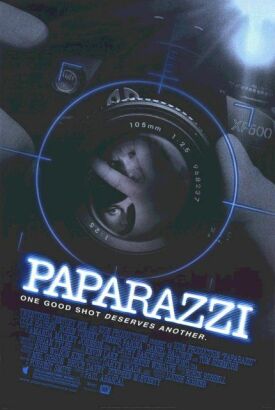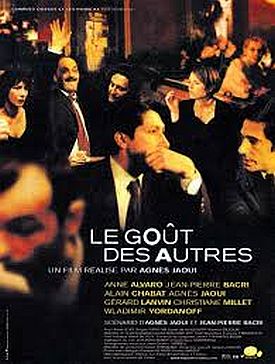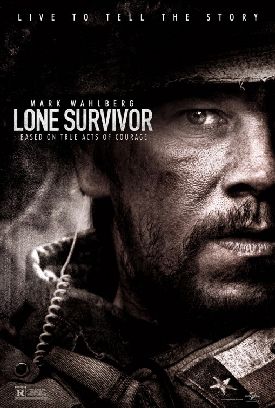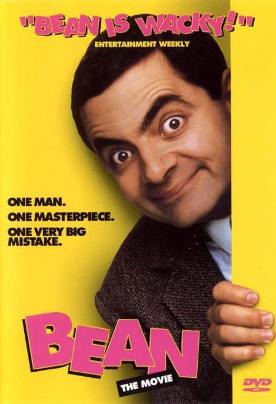Paparazzi
A few weeks ago, the New York Times ran a story about how celebrities were being overstretched on account of the demands upon their time as campaigners against President Bush. Poor lambs! Doesn’t your heart just bleed for them? The remarkable thing was not that the pampered darlings should be appealing for sympathy but that America’s newspaper of record should have relayed that appeal without any apparent sense of irony. Perhaps the Gray Lady found it easy, for some reason, to overlook such monumental and comical self-importance.
A similar bizarrerie is at work in Paparazzi, which was written by Forrest Smith and directed by Paul Abascal, but which features a prominent producer’s credit for Mel Gibson. Mel himself turns up in a cameo, sitting in the waiting room of an “anger management” therapist — which I guess amounts to Mel’s saying with a wink and a nod that he has approved this message. And the message is that in the eternal warfare between the celebrities like himself and the obtrusive photo-journalists who seek to profit from making their private lives public, the latter are murderous, conscienceless, scheming slimeballs and the former are, most emphatically, the good guys. Any questions?
Bo Laramie (Cole Hauser) is an action movie star rather like Mel himself who for reasons the movie never finds it necessary to explain becomes the target of a particularly noxious gang of paparazzi, led by the loathsome Rex Harper (Tom Sizemore). “Laramie, I’m going to destroy your life and eat your soul,” says Harper to his computer screen, “and I can’t wait to do it. . .”
Unlike real paparazzi, who all compete with each other to get the photos that the tabloids will pay big bucks for, Harper works in cahoots with a gang of others: Wendell Stokes (Daniel Baldwin), Leonard Clark (Tom Hollander) and Kevin Rosner (Kevin Gage), all of whom are as nasty as he is.
One day they set up Laramie at his small son’s soccer match. Bo sees Harper snapping the little boy and asks him politely to stop — out of natural security concerns. When Harper returns to his picture-taking, Bo punches him in the jaw. But the three henchmen, lurking in the van behind him, have got the whole fracas on film. Laramie is forced to pay a large sum to Harper and is sentenced to undergo “anger management” therapy. Now you’d think that a paparazzo, being first and foremost a businessman, would be happy with that. Not this paparazzo. Harper’s malign hatred for the star and his family may be unexplained, but it is far from slaked. In fact, he wants them all dead. So, presumably knowing that the rich movie star has a cheap car with no airbags and is driving himself, his wife and his young son to a Hollywood party, Harper stages an accident on what must be the only deserted street in Los Angeles, as a result of which Laramie and his wife, Abby (Robin Tunney), are injured and their son left in a coma. Hell’s Photographers then go back to snap photos of the three of them unconscious in their smashed car and even pulls back Abby’s top to reveal a bit more cleavage. The swine!
One day on yet another deserted road — this time the coast highway — Bo accidentally pulls out in front of a motorcycle driven by Harper gang member Kevin, who skids off the road and is left dangling over a cliff by his pantleg, head foremost. Naturally Bo, being a decent kind of guy, goes to help him, but Kevin is apparently so reflexively mean that he can’t ask nicely for help to save his life. One more taunt and Mr Nice Guy, who has hold of his arm, lets him drop.Bye-bye Kevin. But his death gives us the best moment in the movie as we see Bo in the office of his therapist, Dr. Jennifer Kelly (Jordan Baker) with a barely perceptible smile playing about his lips as he tells her that “I’m starting to feel like I’m more in control of my anger.”
Uh-oh! Watch out paparazzi scum. You can probably guess what’s coming now that Bo Laramie has had the taste of blood. Neither the well-meaning but vapid Dr Kelly nor LAPD detective Burton (Dennis Farina), who begins to have his suspicions when paparazzi start turning up dead, can do anything about it. In fact, Dr Kelly simply drops out of the movie at this point — a missed opportunity for some fun at the expense of pop psychology, I can’t help thinking — while Detective Burton either never quite figures out what Laramie is up to or gives it his silent approval. Like everyone else, I guess, he never has any doubts that the handsome movie-star is above the law.
There are two fantasies in Paparazzi. The revenge fantasy is the more familiar one, but there is also the celebrity action hero’s fantasy of being a real action hero — a man whose two-fisted screen persona comes to life in response to a threat to his family. Think that movies are an illusion? Think again. That rich, handsome, successful screen hero just may be a rich, handsome, successful real-life hero. The movie tells us so.
Not that there isn’t something to be said for this idea. That the hero becomes a hero by acting the part of a hero was something known to the heroes of old. I seem to remember a similar point being made by David Niven in a movie called Paper Tiger of nearly 30 years ago. But the ridiculousness of having such heroism elicited by what must appear to most of us to be the Lilliputian wars between celebrities and the paparazzi rather takes away from what might otherwise have been a serious point.
Discover more from James Bowman
Subscribe to get the latest posts to your email.








